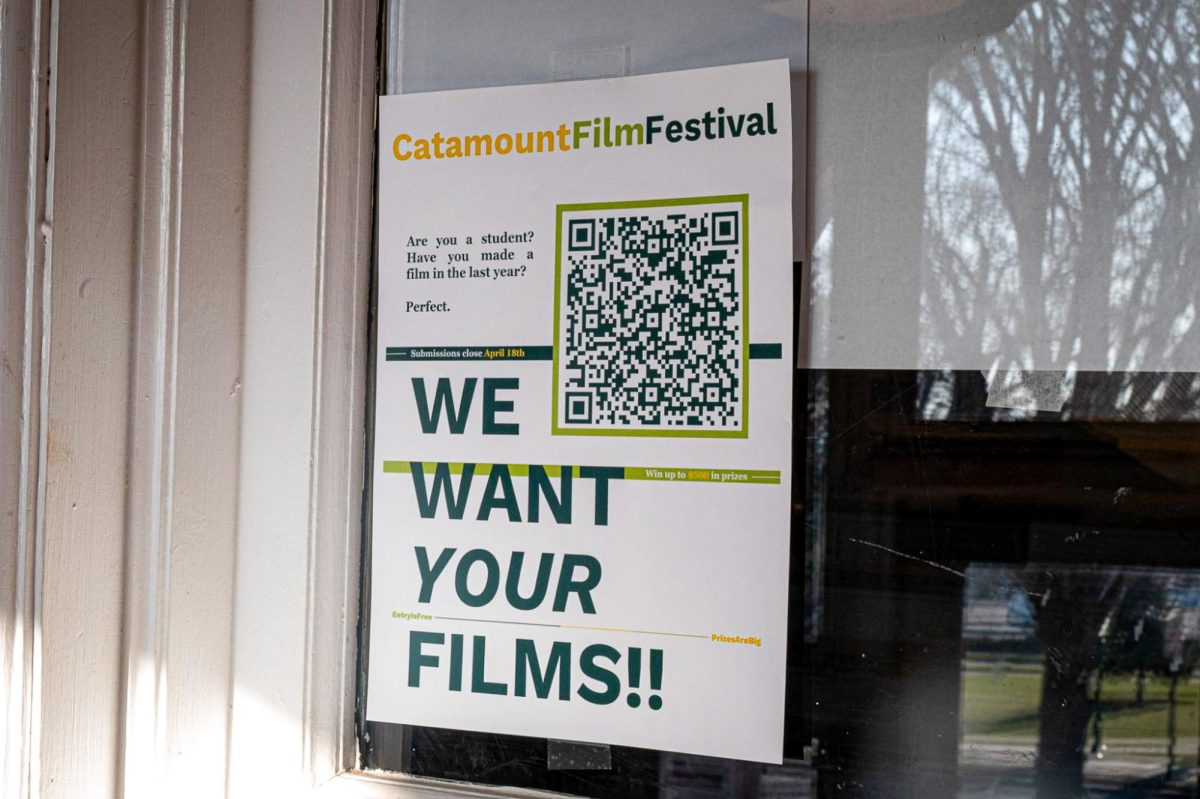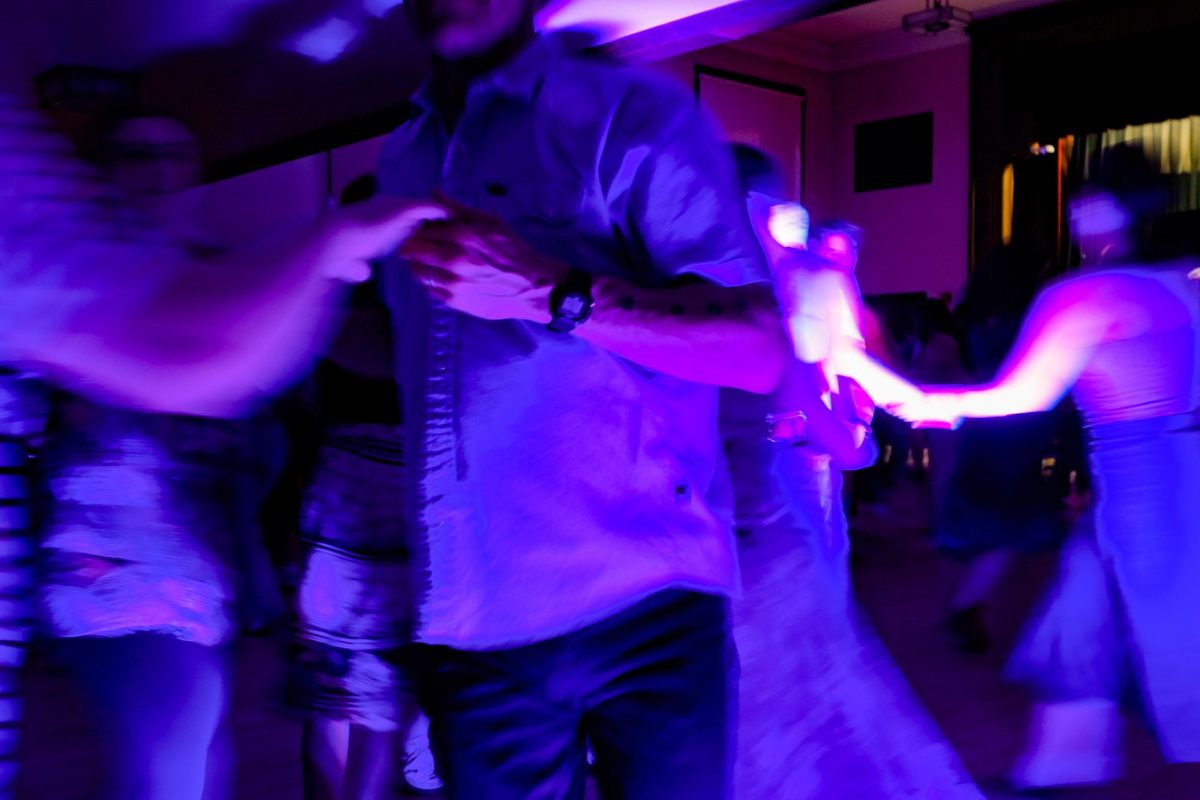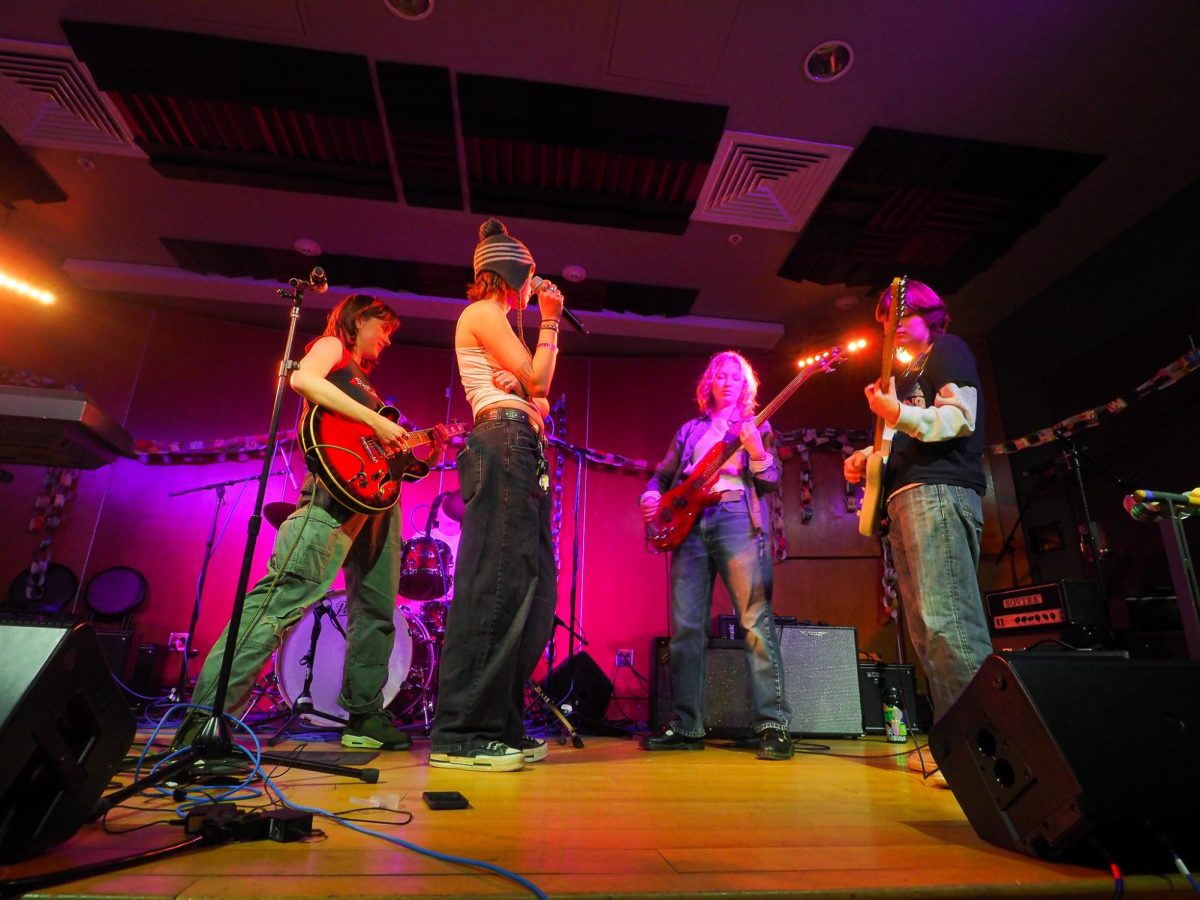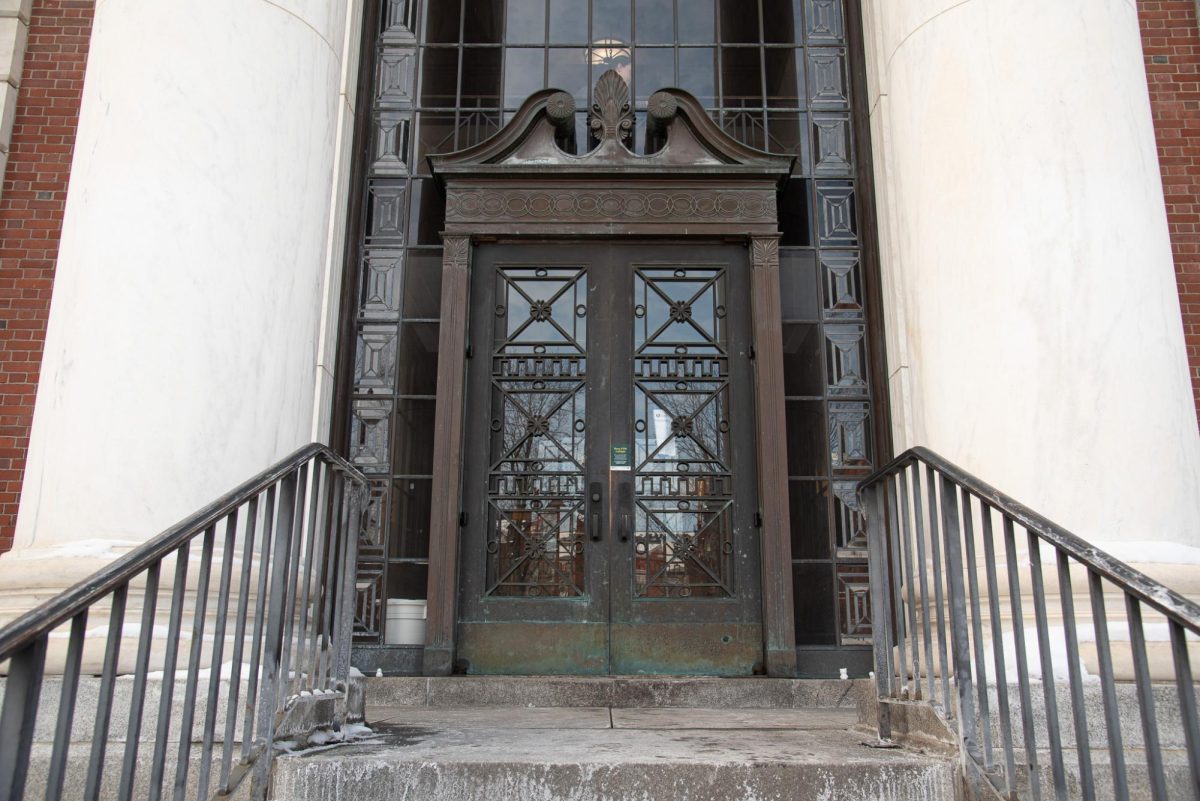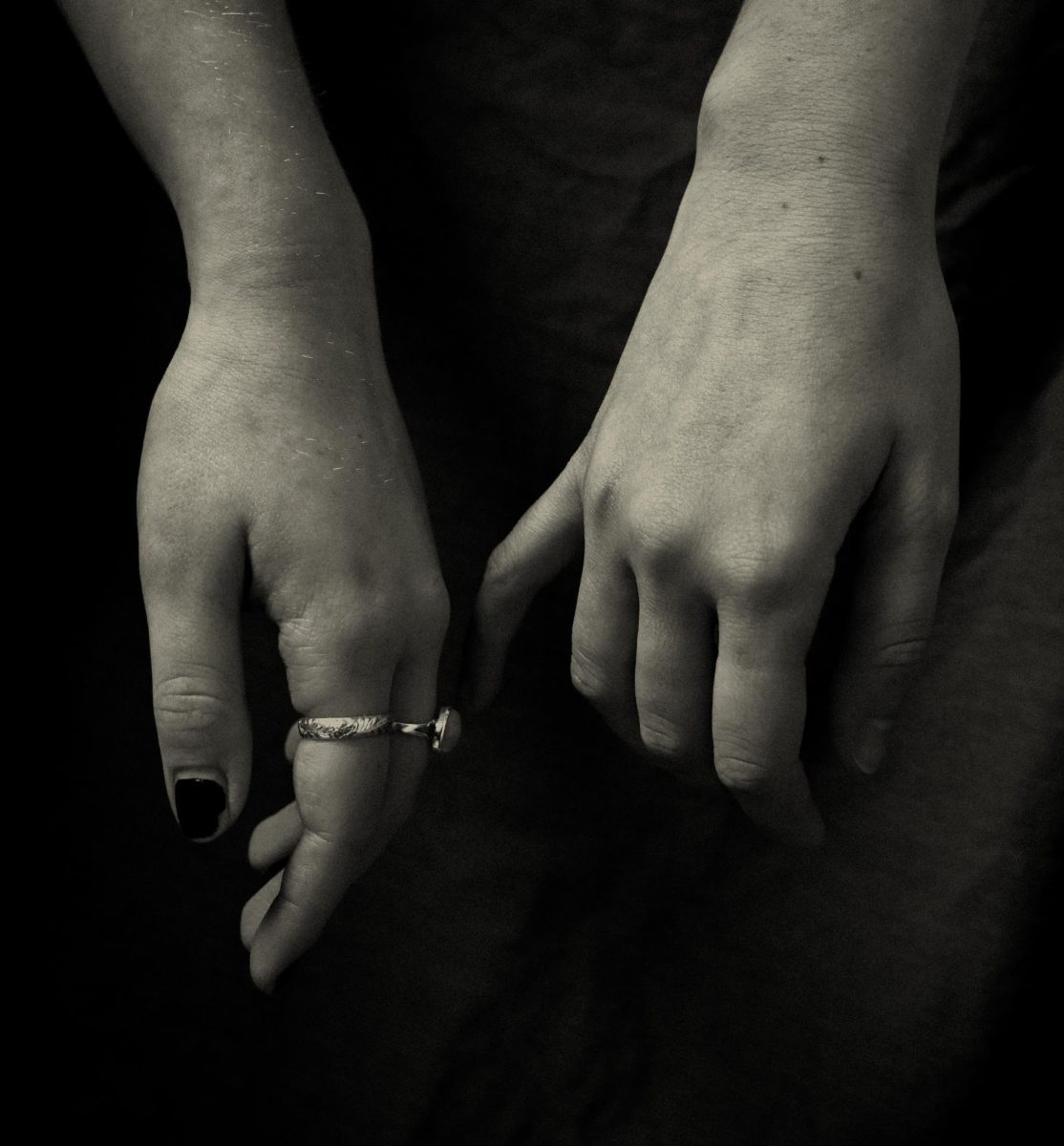I had little idea what to expect when I went in to interview President Fogel. I had heard he was a former English professor, so the massive amount of books was no surprise. Lining his walls were Emily Dickinson, Frost, Homer, Joseph Conrad, Faulkner, and an entire bookshelf dedicated strictly to James Joyce. What did come as a surprise, however, were the collection of animal sculptures that littered his room (it seems Mr. Fogel has a penchant for Elephants, among others), and the honesty he exhumed when answering my questions.
President Fogel, despite what anyone (including the author) says, is informed and confident regarding the business of running UVM.
VC: What steps are currently underway to make the school more environmentally efficient? I.E, using recyclable materials in the dining halls, reducing energy usage, ECT…
PF: I think we really need to work to be as efficient as possible. One of the things that come to mind is the cost of physical plant, which is one of the most expensive in the country.
We have been working on a plan to generate our own energy, but that has political implications, as that may change the energy rates for downtown Burlington. More electric capacity must be built for population growth, and we could cut energy costs by 1 1/2 million dollars per year if we separate ourselves.
Another thing we’re working on is a drainage area to collect wastewater that would be recycled.
We are very proud of the University’s efforts to be a leader in environmental stewardship. There are only something like 23 LEED certified buildings in the country, and we would like to build one in the coming years.
VC: As is certainly the case with all Universities, one of the major complaints students have around campus is the low quality of food available on the meal plan. Will there be any improvement in the lack of options for eating organically or vegan?
PF: I think we ought to do our best to provide options for people who have special requirements. Now the question is, can we do this in a cost-effective way? Food Service providers will make anything for you, but you have to pay for it.
I don’t know if there is a large enough group of people with special needs to make that cost effective. Often, as with our plan to provide early morning Sunday breakfast, it turns out to only be a few people.
That becomes prohibitively expensive.
VC: With the addition of several thousand more students to UVM in the coming years, will there be any steps taken to hire more professors to accompany that enrollment boost? If not, what steps will be taken to ensure that teachers are not overworked and classes are not too large?
PF: We intend to add substantial numbers of new faculty. The aim is to maintain the human scale, and the learning environment, with a very high percentage of small classes.
There is no question that we intend to invest in new faculty. There is no issue at all with things like classroom size.
VC: With the housing shortage for students downtown already a major problem, how will we compensate in the coming years for all of the new students?
PF: We are talking about adding another 1,000 students in the next five years. We’ve got about 1,500 beds in the pipeline right now, including working with private contractors. In the new on-campus housing, there will be two students to every bathroom.
In Apartment living, complete with Air conditioning, exercise rooms, etc… whose going to want to live in a slum on Isham? Redstone apartments represent something along these lines, but not nearly as new or attractive. We’ve got 1,000 coming in at first, and 1,500 new beds. There will be more space.
VC: How do you feel about the looming war with Iraq?
PF: I generally try to stay out of partisan politics, but I am very uncomfortable with the US unilaterally throwing all its force against a third world country that hasn’t attacked us.
VC: What are your feelings regarding student protests, particularly yesterday’s student strike and alternative day of classes?
PF: I’m very supportive of acts of courage by students who care.
VC: How will the recent breakdown of Affirmative action at the University of Michigan, and President Bush’s support for it, affect our school? In the face of that, what steps are we taking, or will we take to increase diversity on campus?
PF: The University of Michigan has not lost affirmative action.
They have strongly defended their practices, and now it has reached the Supreme Court. Race should be used as a plus, but not the only factor in admissions. The basis of Bokke (the 1978 Allen Bokke case) is that there is a basis of diversity in the educational experience.
We have to obey the law, but we will find ways to diversify the student body and faculty. I remain optimistic.
VC: Do you think the increased police presence and vigilance this year has…
A: reduced underage drinking and drug use amongst UVM students?
B: prevented acts of violence and vandalism to a considerable degree?
PF: The force is not any larger, there are actually vacancies. I don’t think there has been a decrease in behavior, but my biggest concern is the happiness and safety of the students.
I would like to decrease incidents of high risk drinking, use of pharmaceutical drugs, and traffic with criminals. I’m not interested in being Don Quixote and running at windmills, I just don’t want to see any dead students turning up on campus, and we’ve come close this semester.






